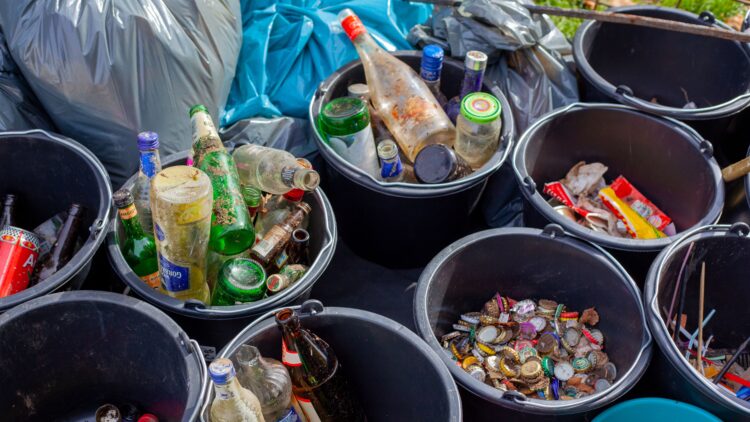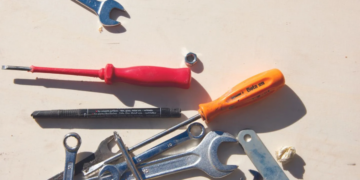Plastic pollution has been a rising concern since the creation of the material itself. As we start to see more and more of its effects on the earth and its oceans, many are swapping to reusable alternatives where they can.
Scientists have discovered a way in which we can continue to use plastic guiltlessly, a new method that greatly improves both how it breaks down and how it can be reused.
Researchers have made a ground-breaking find.

A team from the University of Texas has created a modified enzyme that rapidly degrades plastic. Using this enzyme, plastics that would otherwise take hundreds of years to break down naturally will only take days instead.
They used machine learning to create this fast-acting protein.

The protein goes after the foundational components of polyethylene terephthalate (PET) which is a synthetic compound commonly found in plastics. It then separates these components into their original forms, thus breaking down the plastics, in a process called depolymerization.
This method has more than one benefit.

Not only does it handle plastics quickly, but since the plastics are being broken down into their original elements, they can reconstruct the material and reuse it without the need for additional petroleum resources, as explained by the study’s author Hal Alper.
He explains why this method of plastic recycling is superior.

“If you were to melt the plastic and then remold it, you’d start to lose the integrity of the plastic each round that you go through with recycling,” he told VICE Motherboard in an interview. “Versus here, if you’re able to depolymerize and then chemically repolymerize, you can be making virgin PET plastic each and every time.”
The enzyme can break down 51 types of PET across many temperatures and pH conditions.

Compare that to plastic-eating enzymes of the past that needed specific environments to function.
The study’s conclusion claims that they developed “a viable route for enzymatic plastic recycling at the industrial scale.”
h/t: VICE Motherboard


















































